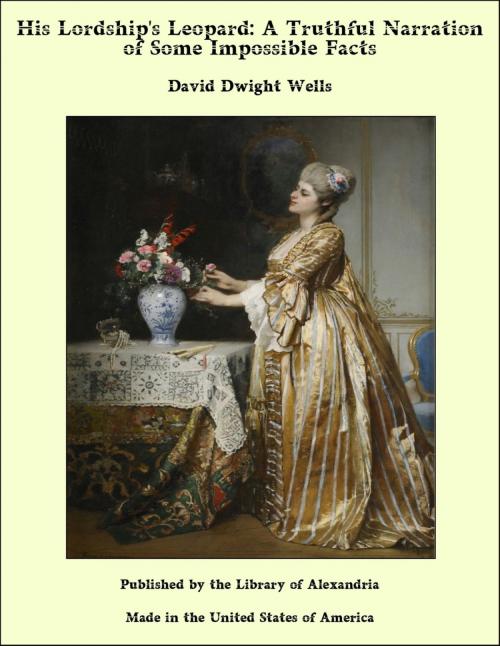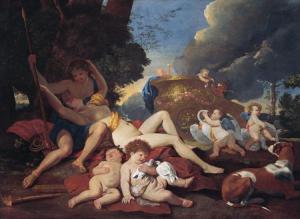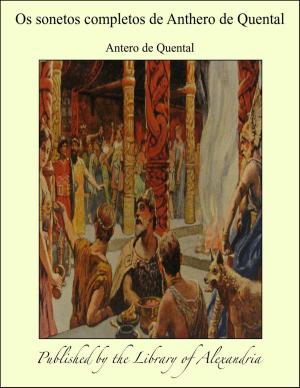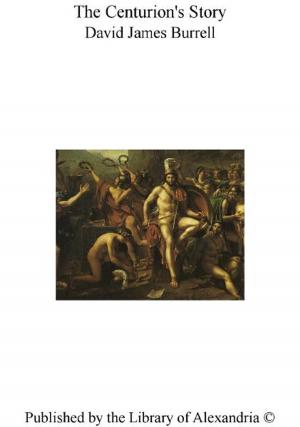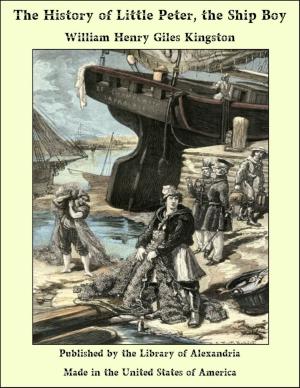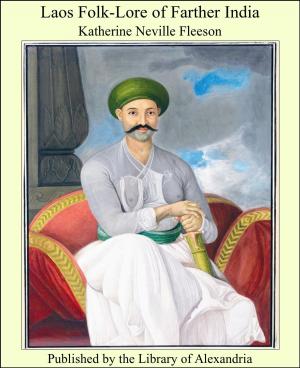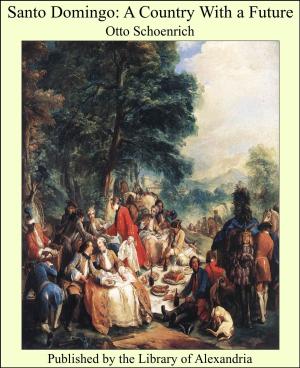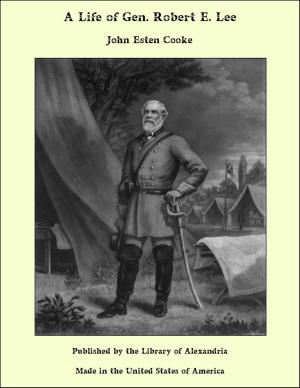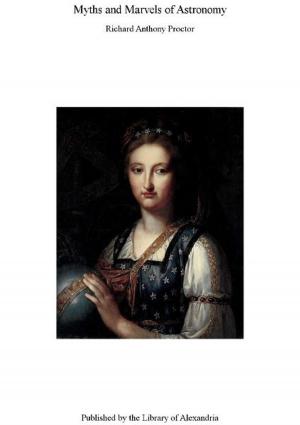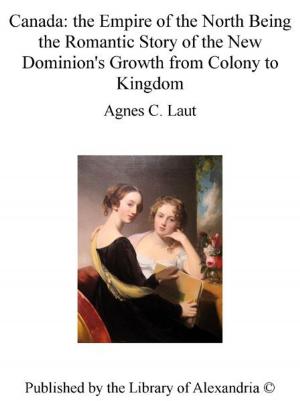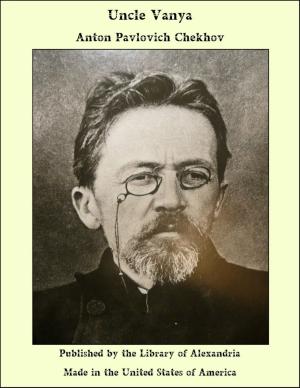His Lordship's Leopard: A Truthful Narration of Some Impossible Facts
Nonfiction, Religion & Spirituality, New Age, History, Fiction & Literature| Author: | David Dwight Wells | ISBN: | 9781465625922 |
| Publisher: | Library of Alexandria | Publication: | March 8, 2015 |
| Imprint: | Language: | English |
| Author: | David Dwight Wells |
| ISBN: | 9781465625922 |
| Publisher: | Library of Alexandria |
| Publication: | March 8, 2015 |
| Imprint: | |
| Language: | English |
Cecil Banborough stood at one of the front windows of a club which faced on Fifth Avenue, his hands in his pockets, and a cigarette in his mouth, idly watching the varied life of the great thoroughfare. He had returned to the city that morning after a two weeks' absence in the South, and, having finished his lunch, was wondering how he could manage to put in the time till the 4:30 express left for Meadowbrook. 2 p.m., he reflected ruefully, was an hour when New York had no use and no resources for men of leisure like himself. Yet even for a mere onlooker the panorama of the street was of unusual interest. The avenue was ablaze with bunting, which hurrying thousands pointed out to their companions, while every street-corner had its little group of citizens, discussing with feverish energy and gestures of ill-concealed disquietude the situation of which the gay flags were the outward and visible sign. For in these latter days of April, 1898, a first-class Republic had, from purely philanthropic motives, announced its intention of licking a third-rate Monarchy into the way it should go. Whereat the good citizens had flung broadcast their national emblem to express a patriotic enthusiasm they did not feel, while the wiser heads among them were already whispering that the war was not merely unjustifiable, but might be expensive. All these matters, important as they doubtless were, did not interest Cecil Banborough, and indeed were quite dwarfed by the fact that this uncalled-for war had diverted the press from its natural functions, and for the time being had thrown utterly into the shade his new sensational novel, "The Purple Kangaroo." His meditations were, however, interrupted by the sound of voices using perfectly good English, but with an accent which bespoke a European parentage.
Cecil Banborough stood at one of the front windows of a club which faced on Fifth Avenue, his hands in his pockets, and a cigarette in his mouth, idly watching the varied life of the great thoroughfare. He had returned to the city that morning after a two weeks' absence in the South, and, having finished his lunch, was wondering how he could manage to put in the time till the 4:30 express left for Meadowbrook. 2 p.m., he reflected ruefully, was an hour when New York had no use and no resources for men of leisure like himself. Yet even for a mere onlooker the panorama of the street was of unusual interest. The avenue was ablaze with bunting, which hurrying thousands pointed out to their companions, while every street-corner had its little group of citizens, discussing with feverish energy and gestures of ill-concealed disquietude the situation of which the gay flags were the outward and visible sign. For in these latter days of April, 1898, a first-class Republic had, from purely philanthropic motives, announced its intention of licking a third-rate Monarchy into the way it should go. Whereat the good citizens had flung broadcast their national emblem to express a patriotic enthusiasm they did not feel, while the wiser heads among them were already whispering that the war was not merely unjustifiable, but might be expensive. All these matters, important as they doubtless were, did not interest Cecil Banborough, and indeed were quite dwarfed by the fact that this uncalled-for war had diverted the press from its natural functions, and for the time being had thrown utterly into the shade his new sensational novel, "The Purple Kangaroo." His meditations were, however, interrupted by the sound of voices using perfectly good English, but with an accent which bespoke a European parentage.
